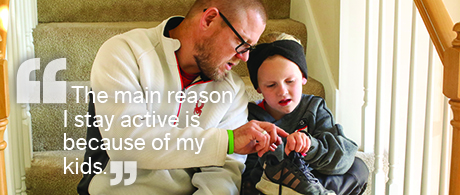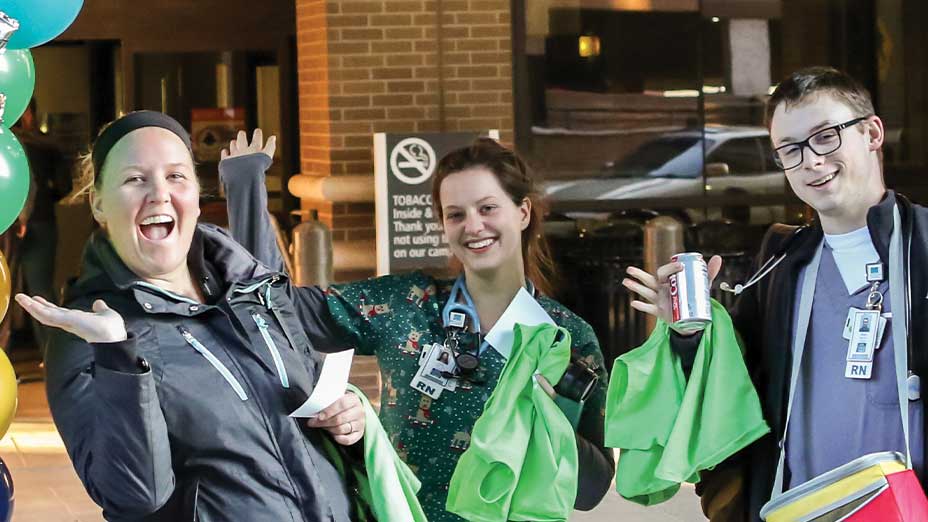For Bill McClellan, the chance to pray inside the Tomb of Jesus in Jerusalem while holding his wife Dee’s hand was the most memorable part of their trip to the Middle East in September 2019. “You’re close to God when you do that,” Bill said.
The McClellan’s trip to Israel and Jordan was just one of many international travel adventures the couple has had in their 54 years together.
Bill was diagnosed with heart failure in 2009 and has since had two heart bypass surgeries. The couple refused to let Bill’s heart failure keep them from seeing the world. Instead, they learned how to manage it while on the road. New medical technology makes it easier.
When the McClelllans headed to the Middle East, they brought along a high-tech traveling companion that could monitor Bill’s heart failure remotely. The device’s official name is CardioMEMS™ HF System. “We call her Elly because it plays elevator music while taking the reading,” Dee laughed.
How CardioMEMS Works
The key piece of the remote monitoring system is a sensor that is slightly larger than a paper clip. The sensor is implanted into the pulmonary artery to track heart pressure readings and fluid retention levels.
Each day, Bill lies on a specially designed pillow that interacts with the sensor and wirelessly sends real-time data to NKCH’s Heart Care Clinic team. The team reviews the information and contacts Bill if he needs to adjust his medications or schedule a clinic visit.
“CardioMEMS measures the blood pressure in the pulmonary arteries,” explained David Hahn, MD, an interventional cardiologist with Meritas Health Cardiology and medical director of the Heart Care Clinic, an outpatient clinic that only treats people with heart failure. "When these pressures climb, we know the patient will be in congestive heart failure in about two weeks,” Dr. Hahn added. “With CardioMEMS, we can catch potential problems early, take action, and help patients with heart failure avoid the emergency room or another hospital stay.”
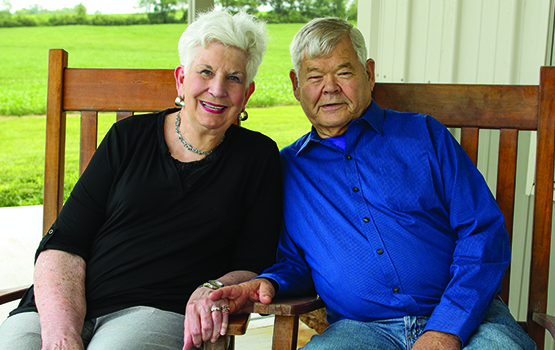
Peace of Mind
Bill had the CardioMEMS device implanted one month before he and Dee left for the Middle East. They would be nearly 6,700 miles from home, putting Elly’s capabilities to the test.
“When we left for the trip, I was taking a diuretic in the morning and in the afternoon,” Bill recalled. “There was one day I knew I wouldn’t be near a restroom, so I didn’t take my afternoon dose.”
That night, Bill and Dee didn’t have access to electricity so Bill couldn’t use his CardioMEMS pillow. “The next night, we were back in a hotel, and I was able to send my information to the Heart Care Clinic,” Bill said.
The next morning, Dee received a text from the Heart Care Clinic advising Bill how to adjust his medications to stabilize his pressure and fluid retention levels. “It felt good to know we had a daily connection to the clinic and that if something didn’t look right they would check on Bill,” Dee said.
“CardioMEMS gives me great peace of mind,” Bill added. “I feel like I can do something and not be scared to do it.”
On the Road Again
“Bill wishes to remain active and enjoy a good quality of life,” said Steven Starr, MD, Bill’s Meritas Health cardiologist. “CardioMEMS allows him to travel and remain out of the hospital because we can manage his chronic heart failure remotely.”
The McClellans are ready to hit the road again. “If it hadn’t been for the pandemic, we would have spent a month in Hawaii last year,” Bill said.
“Our goal is to see all the state capitals,” Dee added. “We’ve seen all of them except Hawaii and Wyoming. We’re making plans to visit Hawaii in 2022.”
Related Articles
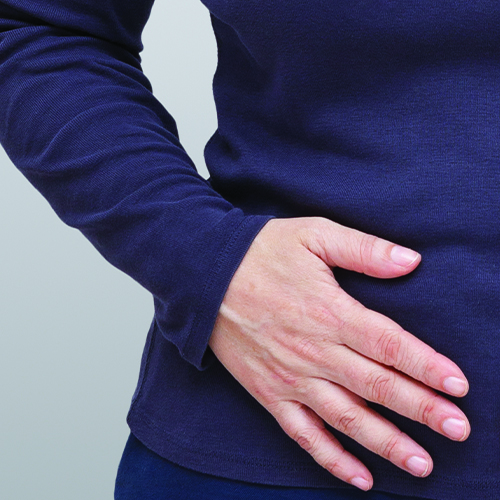
March 9, 2020
3 Sneaky IBS Triggers
For people with irritable bowel syndrome, spring may spark a flare-up in symptoms

May 31, 2024
5 Nutrition Tips for a Healthier Lifestyle
Healthy eating and proper nutrition play a big part in maintaining good health. Here's how to improve your nutrition habits.
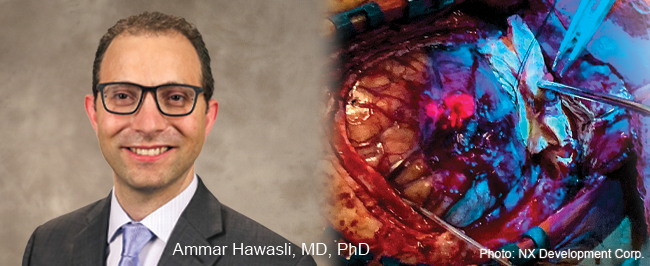
July 8, 2021
5-ALA Fluorescence Guides Neurosurgeons for More Complete Resections
Neurosurgeons Ammar Hawasli, MD, PhD, and Stephen Reintjes Jr., MD, with Meritas Health Neurosurgery, are now using a progressive treatment that allows for the more precise removal of malignant gliomas and glioblastomas.
